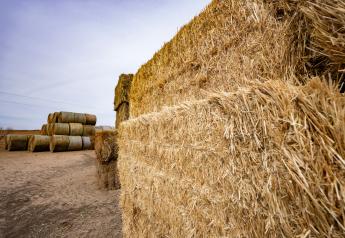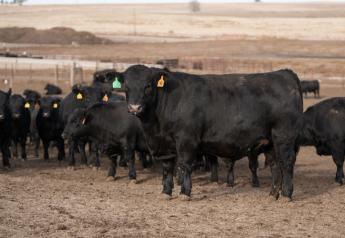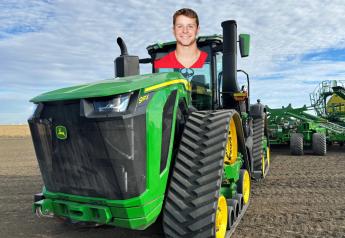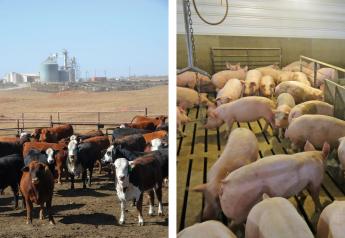Packing Woes Continue With JBS Fire, Tyson Computer Glitch
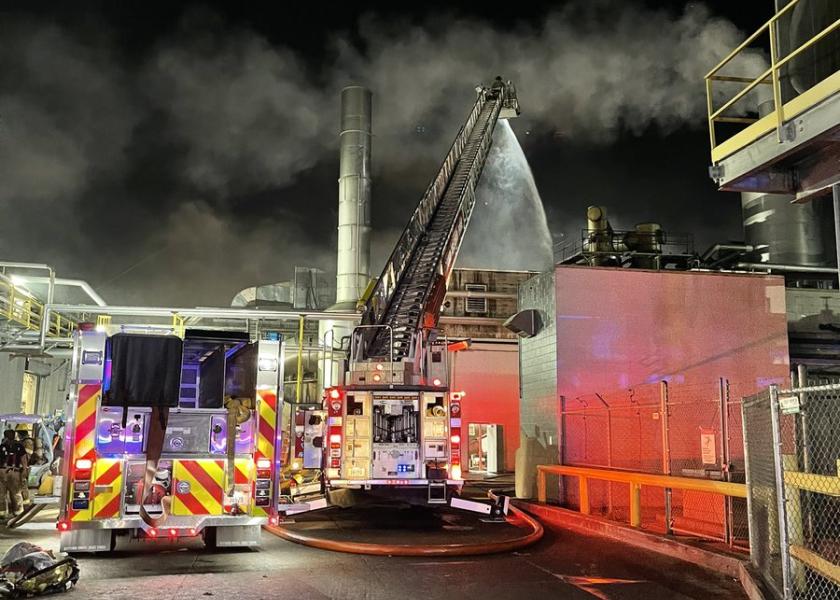
A fire at the JBS beef plant in Grand Island, Neb., on Sunday night forced a halt to slaughter and fabrication lines on Monday. Crews continued to battle the blaze throughout the night and into Monday morning which was described as a five-alarm fire.
Tyson Fresh Meats facility in Dakota City, Neb., reported computer issues on Monday that stopped the lines early but were resumed by mid-day.
The Grand Island fire department responded to the fire at about 9:45 Sunday night. Sources said the fire was located in the roof and in the walls on the rendering side of the plant, which was described as a total loss on Monday. According to scanner traffic, styrofoam in the roof was involved, reported Nebraska TV. No injuries were reported.
On Facebook, JBS said "fabrication and slaughter A and B shift will not be working September 13, 2021," adding "we will post updates as soon as possible."
The JBS fire did not impact the plant's "primary production areas," spokesperson Nikki Richardson said. The company expects to resume operations on Tuesday pending an ongoing assessment of the situation, she said.
The Grand Island facility has a daily slaughter capacity of 6,000 head, which amounts to 5% to 6% of U.S. daily capacity. JBS USA is the largest U.S. beef packer with a capacity of 29,000 head per day in its 9 U.S. facilities. The plant has 3,600 workers.
Slaughter capacity was already a concern heading into this week as packers bought relatively few cattle on the cash market last week. Analysts say most packer needs were supplied by forward contract and supply-chain cattle. Last week’s estimated slaughter was 577,000 head which was down due to the Labor Day holiday.
News of the JBS fire sent CME cattle futures sharply lower at the open on Monday, but rebounded off the session lows.
Live cattle futures finished $1.075 to $1.60 lower through the April contract. October live cattle fell $1.15 to $122.275 per hundredweight, the lowest settlement since early May. Feeder cattle fell $1.975 to $2.275 from September through January contracts.
Last week’ cash cattle trade averaged $124.79, down 82 cents from the previous week.



